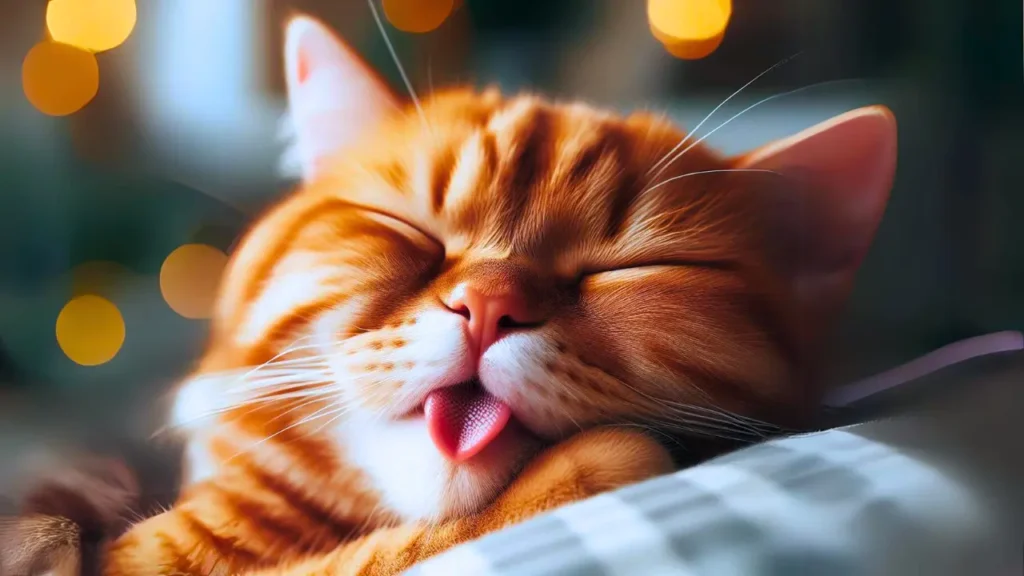
From a young age, many of us are taught that a cats purr signifies happiness. While purring is believed to be a blend of voluntary and automatic behavior, research indicates that cats employ this soft rumble for various purposes—communicating, self-soothing, and healing. Cats often purr when injured or after experiencing stress, revealing the versatile nature of this feline vocalization.
Purring: A Tool for Survival from Kittenhood
Kittens, born blind and deaf, begin purring just a few days after birth. This behavior informs their mothers of their whereabouts and attracts attention during feeding time. Surprisingly, this early-life communication tool persists into adulthood, becoming familiar to cat owners who witness persuasive purring sessions during mealtime.
Purring as Pleasure and Interaction
Cats frequently purr when humans stroke them, creating an association between purring and pleasure. Observations of feline behavior suggest that cats may use purring to encourage continued interaction, signaling a desire for more affection.
Manipulating Purr for Communication
A 2009 study revealed that cats can embed a cry within their purr, triggering a nurturing response in their owners akin to the cries of a human baby. The study suggested that cats can modulate their purrs to convey different messages, with purring for food being described as “more urgent and less pleasant.”
Adaptation of Vocalization
According to New Scientist readers, cats may adjust other vocalizations, such as their meow, to elicit responses from their owners. Interestingly, if a cat has a deaf owner, they might meow less once they realize it doesn’t provoke a reaction. However, their purring behavior tends to persist unchanged.
The Mechanics Behind Purring
While research into feline behavior has historically lagged behind that of dogs, a 1991 study proposed that purring originates from the cat’s voice box or larynx. The study highlighted the rhythmic dilation and constriction of the glottis, the area around their vocal cords, during breathing as the mechanism generating the purring sound.
Purring in Times of Stress: A Healing Mechanism
But why do cats purr after stressful events? A 2001 study published in The Journal of the Acoustical Society of America revealed that domestic cats and some big cat species, including pumas and cheetahs, purr at frequencies optimal for pain relief and bone repair.
Decoding Your Cat’s Purr
Understanding why your cat is purring requires keenly observing their body language and the context. Morning purring may signal hunger, a post-work return could mean a greeting, and a contented purring on your lap likely signifies approval.
READ MORE: How Fast Does Earth Spin?
What does it mean when a cat purrs on you?
When a cat purrs on you, it generally signifies contentment, affection, and a sense of security. Cats often purr on their owner’s lap to display trust and comfort.
Are cats pleased when they purr?
Cats commonly purr when they are happy, content, and relaxed. However, it’s essential to consider the context and accompanying body language to interpret a cat’s emotional state accurately.
What does it mean when a cat purrs while laying on you?
When a cat purrs while lying on you, it indicates a deep sense of trust and relaxation. Cats often choose familiar and comfortable environments, such as their owner’s lap, to express contentment through purring.
Do cats purr because they like you?
Yes, cats often purr as a sign of affection and attachment. Purring can be a method for cats to communicate their liking and contentment when in the presence of their owners. It’s considered a positive and bonding behavior in feline-human relationships.